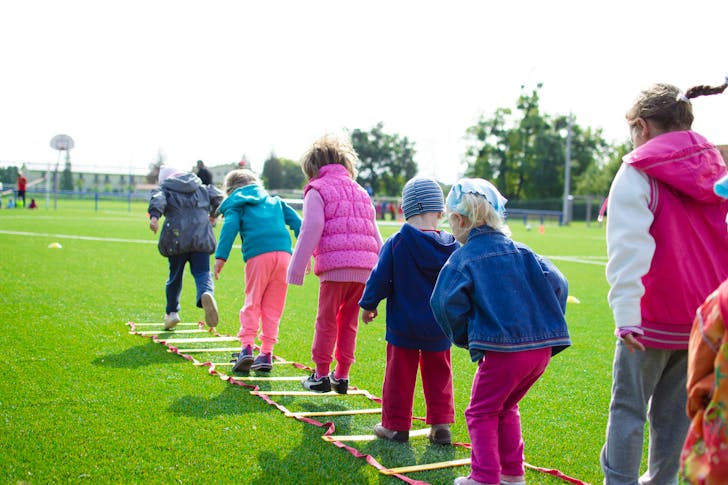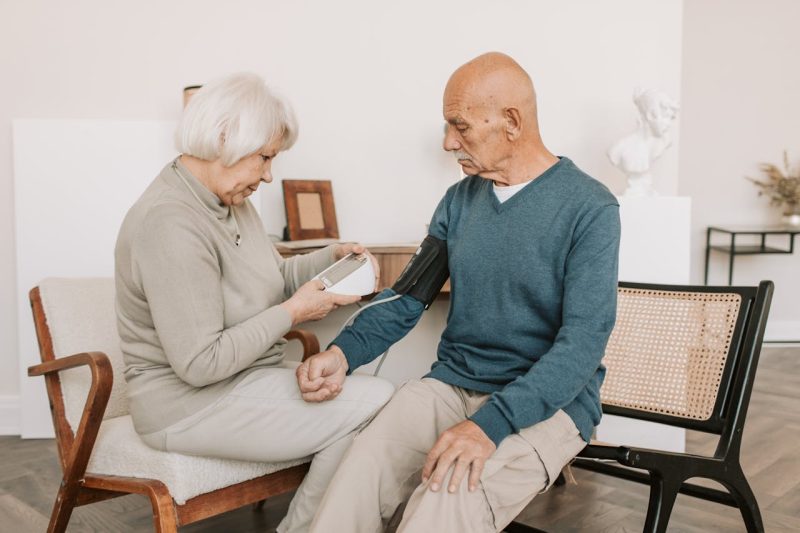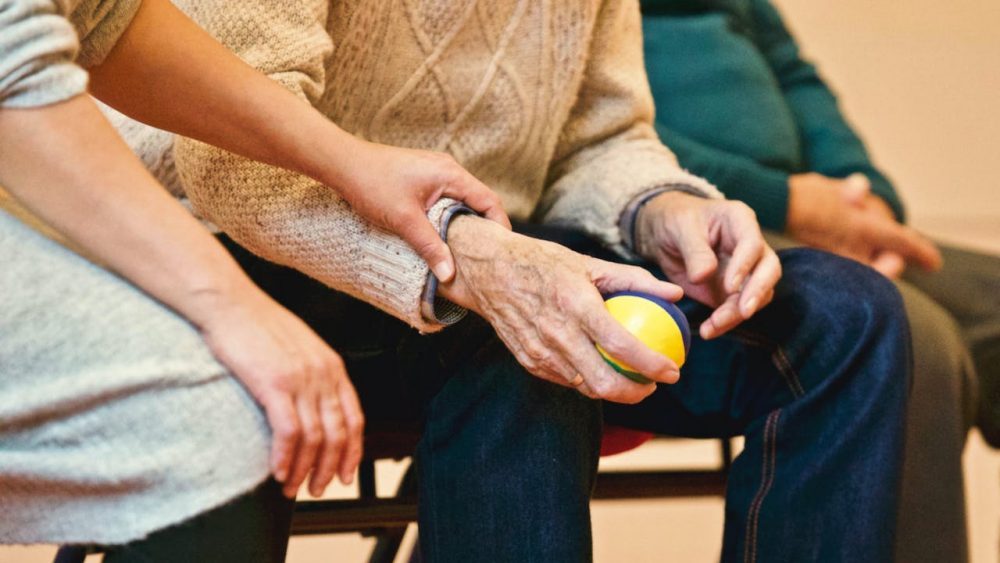At first glance, school weigh-ins might sound like a smart idea. Kids step on a scale, schools gather data, and parents get updates. It is all supposed to help fight childhood obesity. However, more and more experts are saying one thing loud and clear: this doesn’t work, and it is harming children.
Despite the good intentions behind these programs, research indicates that they are not achieving their intended goals. Worse, they are sparking serious mental health issues in children as young as 10. And yet, schools across the U.S., U.K., and Australia keep doing them.
Why Do Schools Weigh Their Kids
Schools usually weigh students as part of government-run public health programs. Officials want to track obesity numbers, plan services, and spot trends. They also hope to alert parents if their child falls into an "at-risk" weight category.

Goum / Pexels / The practice of weighing kids in schools is typically part of large-scale public health programs. The primary intention is to use the collected data for combating obesity.
Take the U.K.’s National Child Measurement Program. It checks the height and weight of over a million kids every year in state-funded schools. The goal? Give parents a heads-up if their child is overweight or underweight and push for early action.
Sure! The data might be useful for stats, but it doesn’t seem to help kids get healthier. A massive study in California followed almost 29,000 students and found no proof that BMI letters to parents reduced obesity. Another simulation showed these programs could cost millions and still fail to prevent even one case of childhood obesity.
So, if the results are so weak, why are we still doing this? Experts say we need to stop focusing on weight as the main sign of health.
The Harm Is Real and Deep
The first major concern is mental health. Imagine being 10 and getting told your body is “wrong” by your school. For many kids, that is exactly what a BMI report feels like. Experts like Claire Mysko from the National Eating Disorders Association say school weigh-ins often spark shame and disordered eating.
Some teens even trace their eating disorders back to that one moment.

Anas / Pexels / Psychologist Emma Citron warns that ages 10 and 11 are key years, right when body image becomes a big deal. Getting weighed and labeled at that age can tip a kid into dangerous habits that last for years.
School is already tough for kids who look or feel different. Now add a weigh-in. Studies show that these programs lead to more teasing and body shaming. The moment kids see numbers attached to their peers, judgment kicks in.
So, it is not just about name-calling either. These weight checks tell children their bodies are something to be graded, measured, and fixed.
BMI Is a Flawed Measure
Another issue? BMI isn’t even that reliable. It doesn't look at muscle, genetics, puberty timing, or anything else that actually paints a full picture of health. It puts kids into boxes based on a chart that was never designed for individuals.
In fact, studies show kids who don’t know they are “overweight” tend to eat better and move more than those who have been labeled. Knowing the number can make kids feel hopeless or stressed, which leads to worse habits, not better ones.
Many health professionals now say it is time to stop. Dr. Jenny Radesky from the University of Michigan says schools should seriously rethink BMI screenings. Some states in the U.S. already have. The term experts use is “de-implementation,” meaning the program should be phased out entirely.















